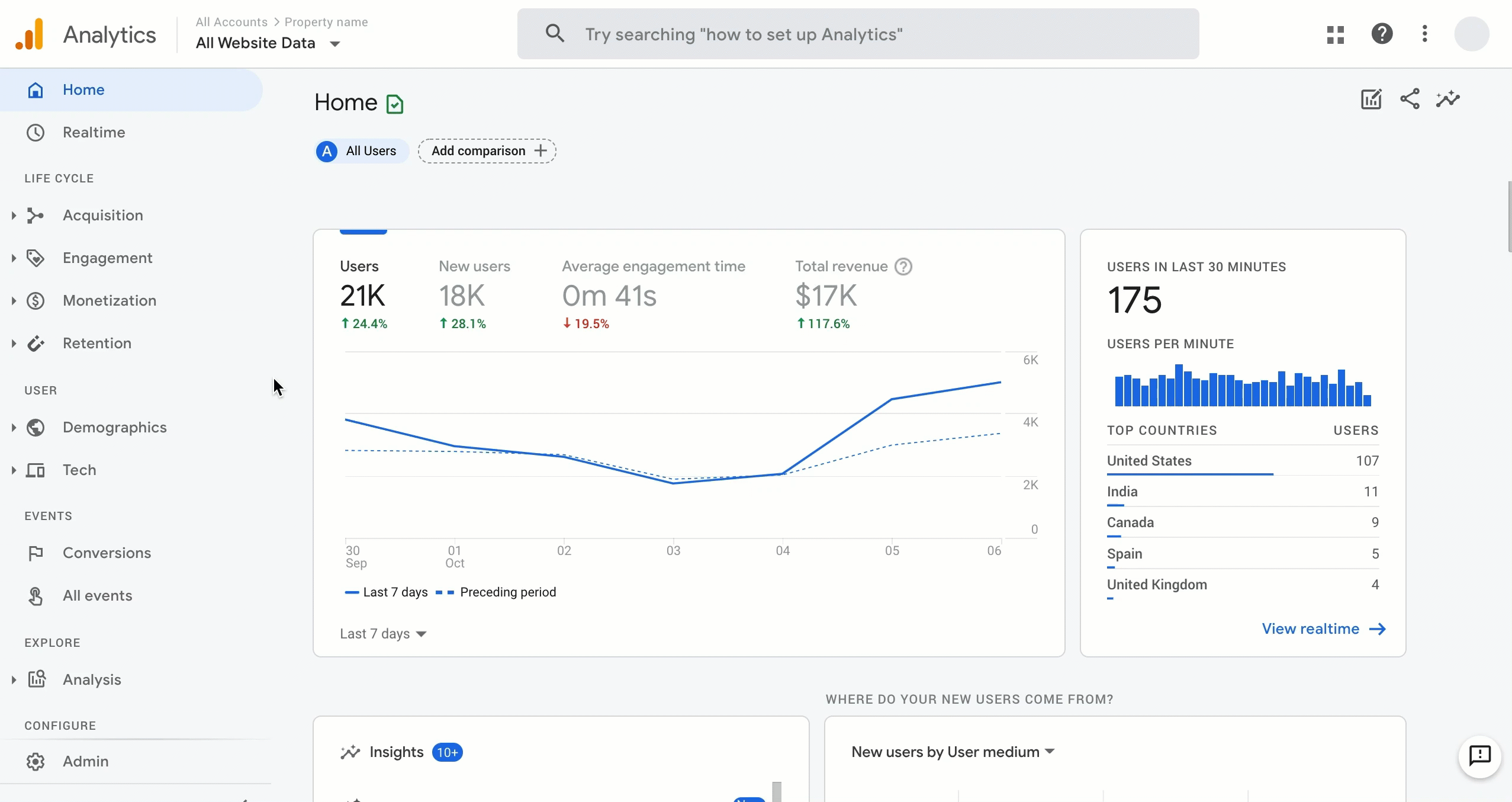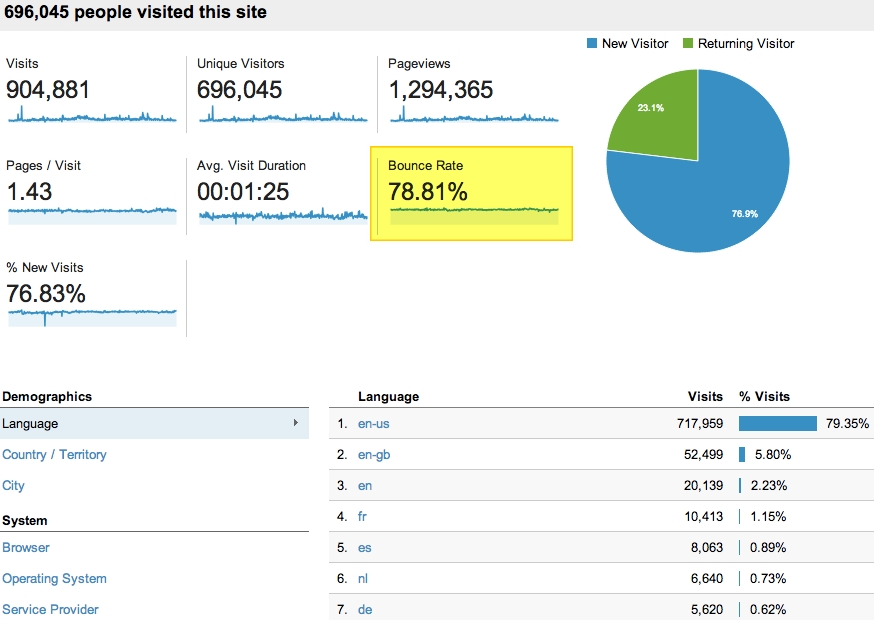Filters
Content Type
Topic
8 Content Engagement Metrics You Should Pay Attention To

Whether you're responsible for producing content or managing an entire content marketing team, monitoring content engagement metrics is vital.
Your content engagement metrics are the key to your content marketing strategy. You and your team spend countless hours creating the best content you can that addresses your audience's needs, but if you're not tracking your content's success, you won't know how to make the next moves.

How Important are Your Content Engagement Metrics?
Your content engagement metrics are vital to the overall success of your content marketing strategy. They help you monitor the success of your content strategy and play an essential role in helping you identify user behaviors and user needs.
As the content marketing industry continues to grow, it's essential to understand what content engagement metrics you can measure to help you monitor and improve your content marketing strategy.
As analytics tools like Google Analytics continue to evolve and give you access to more and more data, you must take the time to understand which content engagement metrics are most important and why.

8 Content Engagement Metrics You Need to Know
Content marketing is an integral part of a successful digital marketing strategy. But how do you know if your content is effective? There are many different kinds of metrics that you can use to assess the effectiveness of your content. These eight metrics are some of the most important ones you should know.
1. Page Views Per Session
Page views per session tracks the total number of pages a visitor views during a single session. This metric is an important indicator of how much content a visitor is consuming and indicates how long a user stays on a page.
Page views per session is also an important metric for marketers to understand because it helps them measure how much time users spend on a page. This metric can help you determine which pages are most popular and which ones are less popular.
2. Time Spent on Site
Time spent on site is an important metric to measure because it can help you understand the amount of time a user spends on your website before exiting and heading somewhere else.
This metric is a great way to measure how much time users spend on your website. It can help you determine if your website is too slow or any issues slowing down your website's performance, which can lead to a poor user experience.
3. Bounce Rates
A bounce is defined as a visitor who lands on your website but swiftly clicks off your page. Bounce rates are important to measure because they help you understand how much of your content is being ignored.
A high bounce rate can indicate that your content isn't being read or that your website isn't engaging with your audience. Bounce rates can also tell you if there's a problem with your site's performance or whether your content isn't addressing the right audience.
You also want to pay particular attention to your bounce rate because it can affect your SEO if it gets too high.

4. Click-Through Rates
Click-through rates are important to measure because they help you understand how effectively your content converts visitors into leads.
When a visitor clicks on a link within your content, this is considered a click-through. The more clicks you have on a link, the more conversions you're likely to have.
Click-throughs on a particular link can also help you understand the type of content your audience is interested in. This, in turn, can help you determine which types of content are most effective at converting leads and which types of content need to be improved.
5. Comments
Comments are an excellent way to measure how effective your content is at engaging with your audience.
A high number of comments on a specific post or blog can indicate that your audience is getting value from your content and that they're interested in what you have to say.
However, just because a post has many comments doesn't necessarily mean that your content is effective. Comments can be a sign of a positive user experience, but they can also be spam, so it's important to pay attention to them and filter out the garbage.
6. Shares
When you publish content, you want to make sure that people are sharing it with others. If they're not, you're missing out on an excellent opportunity to reach new audiences.
Shares are a great way to measure the success of your content. When people share your content, it can lead to more likes, comments, and views on your content, which can help increase your overall reach.
Shares are also a great indicator that your content is of some value to the reader.
7. Conversions
Conversions are the ultimate goal of any content marketing strategy. Conversions are essentially a metric that measures the effectiveness of your content.
When a user interacts with your content, they complete a goal or action. For example, a user may click on a call-to-action button to download a file, or a user may fill out a form to sign up for a newsletter.
Conversions are a great way to measure the success of your content strategy because they indicate that your content is effective at converting users into leads or customers.
8. Share Ratios
Share ratios are often defined as a post or piece of content's amplification rate. Essentially, the share ratio of a post is the average number of shares per post. The share ratio is an important metric to measure because it's a good indicator of how effective your content is at getting your audience to share it.
When a post's share ratio is high, it indicates that your content is being shared a lot. That, in turn, can lead to more engagement with your content.
Learn More About These and Other Important Metrics Today
Taking the time to understand these content engagement metrics can help you monitor your content strategy and identify any issues preventing you from reaching your goals.
Want to know how your numbers stack up? Then download our Comprehensive Data Analysis Benchmark Report of B2B Content Engagement & Lead Conversions.
The post 8 Content Engagement Metrics You Should Pay Attention To appeared first on Hushly.



